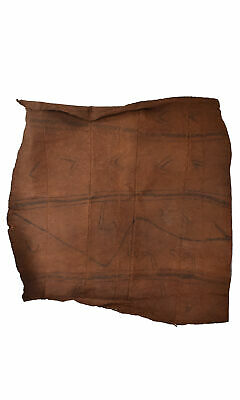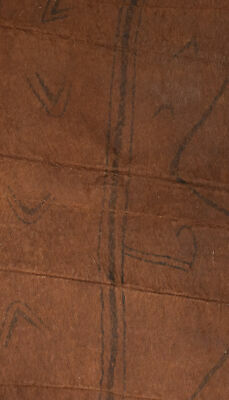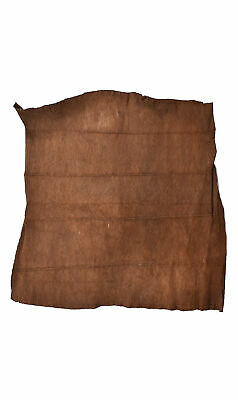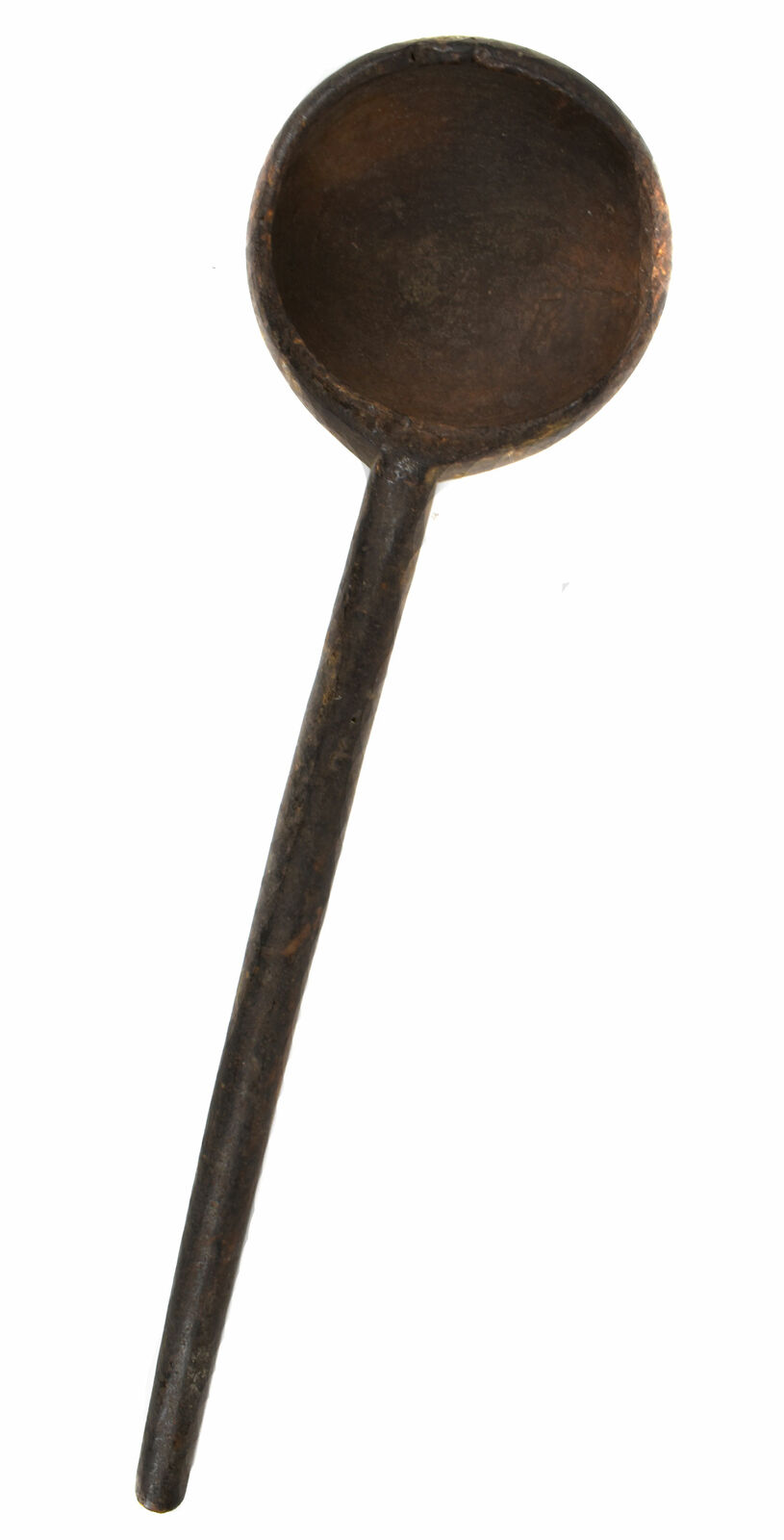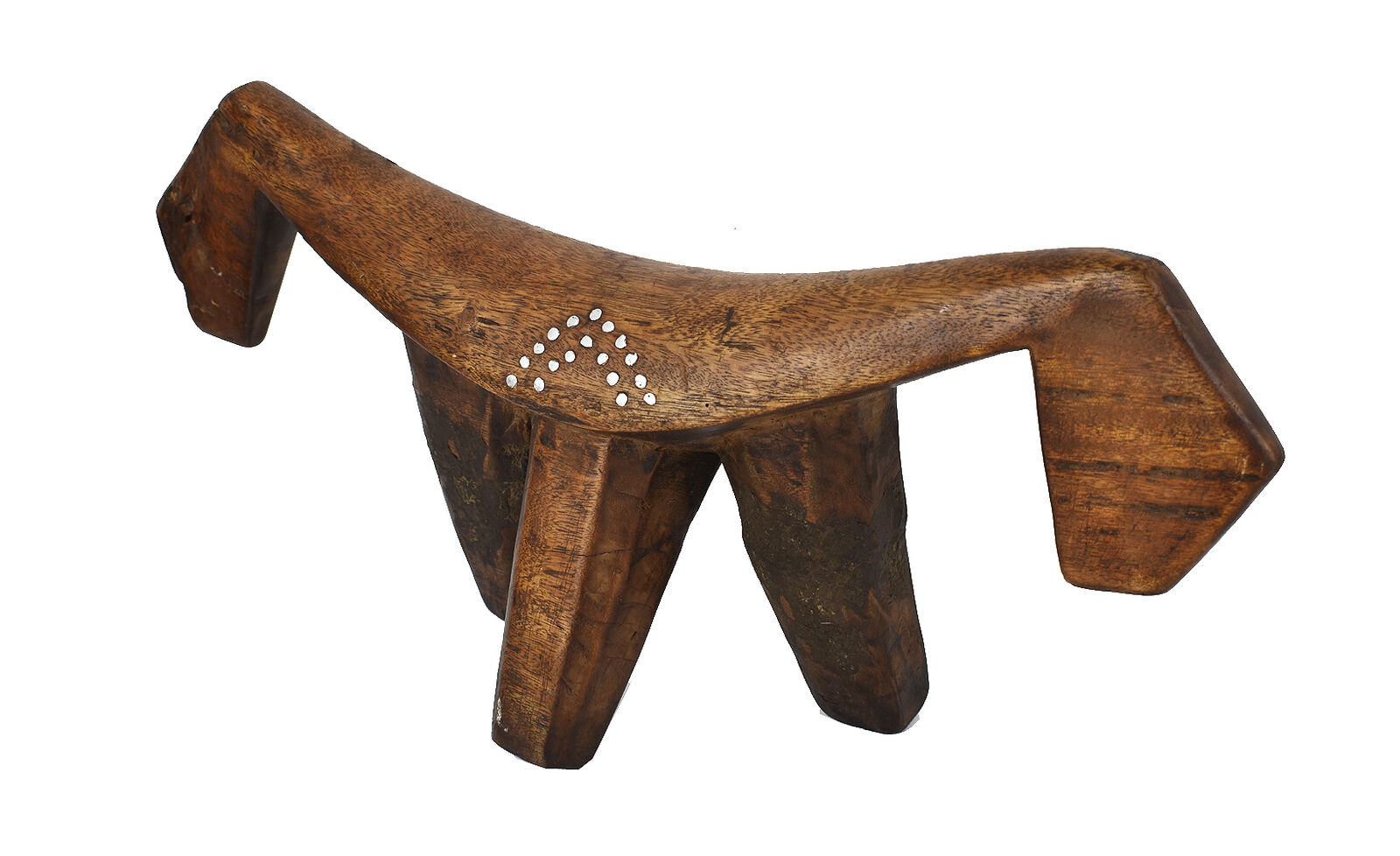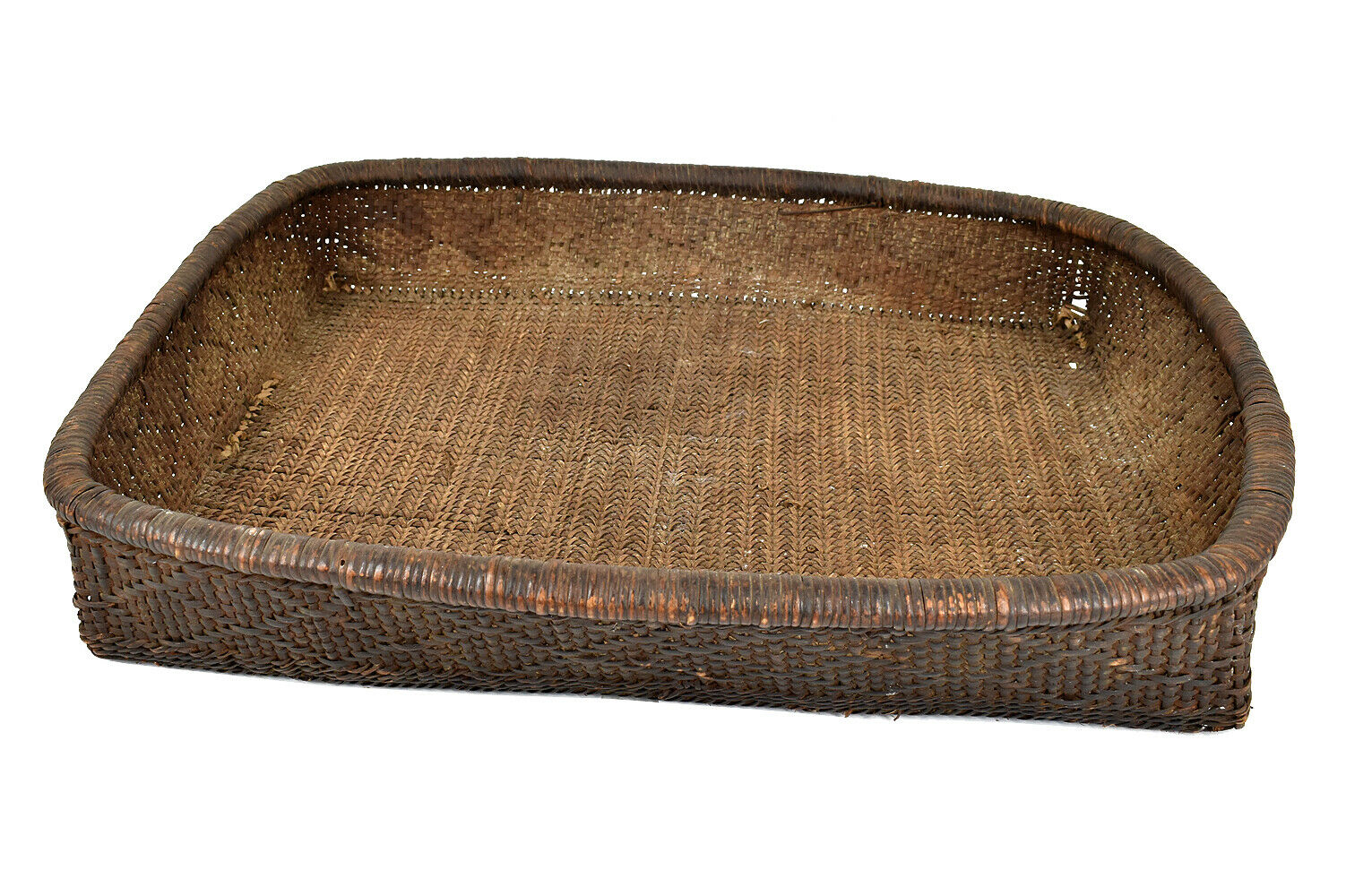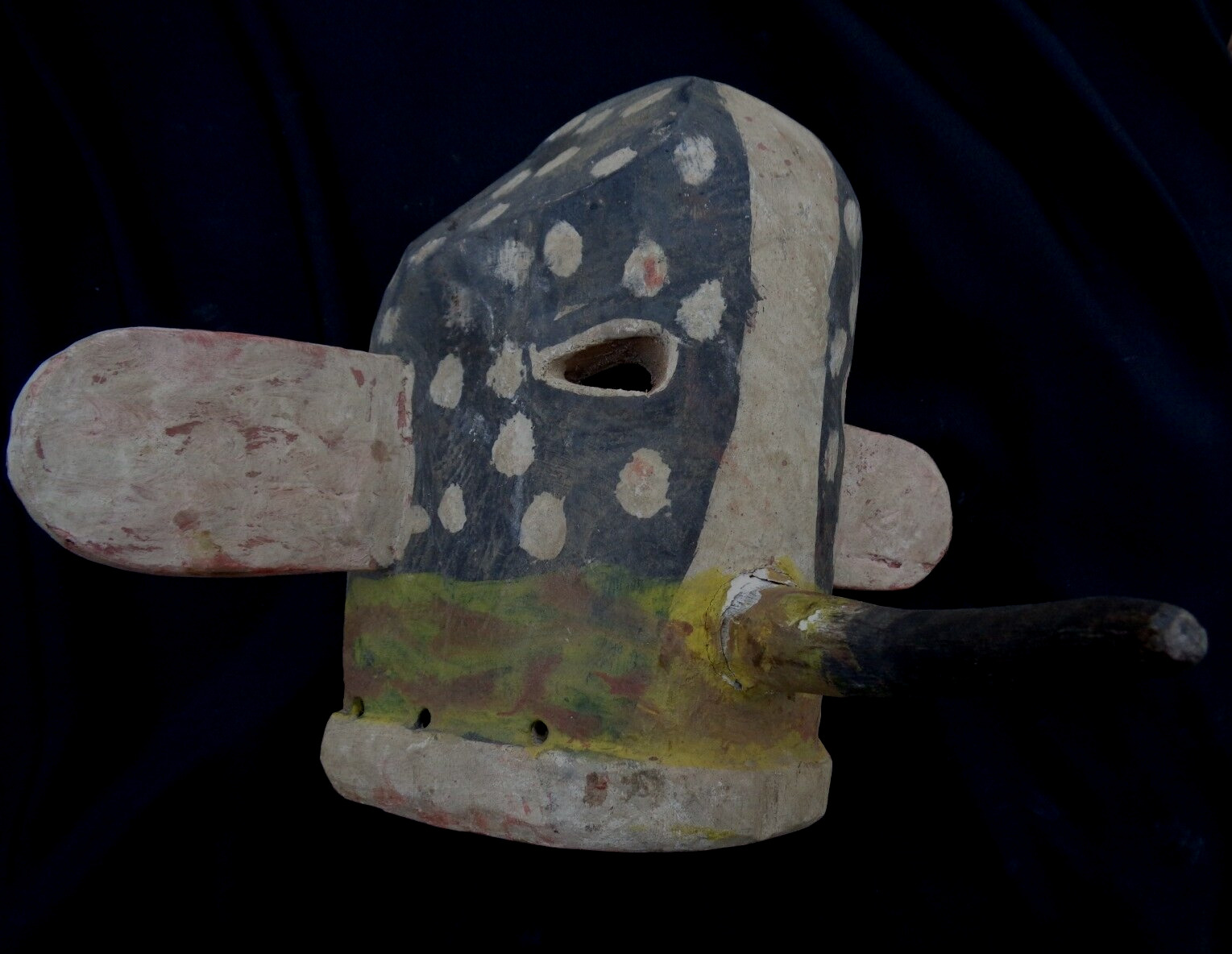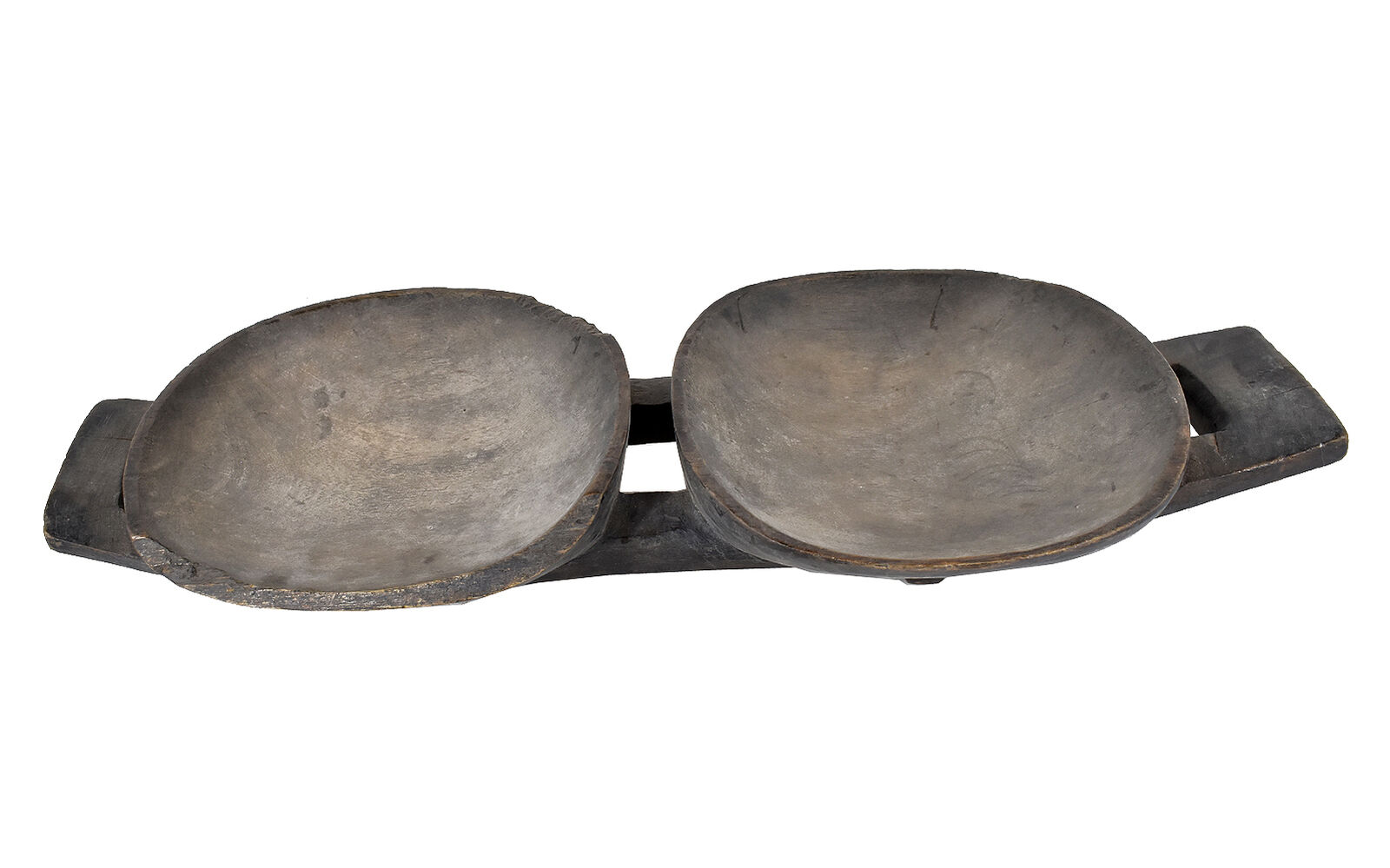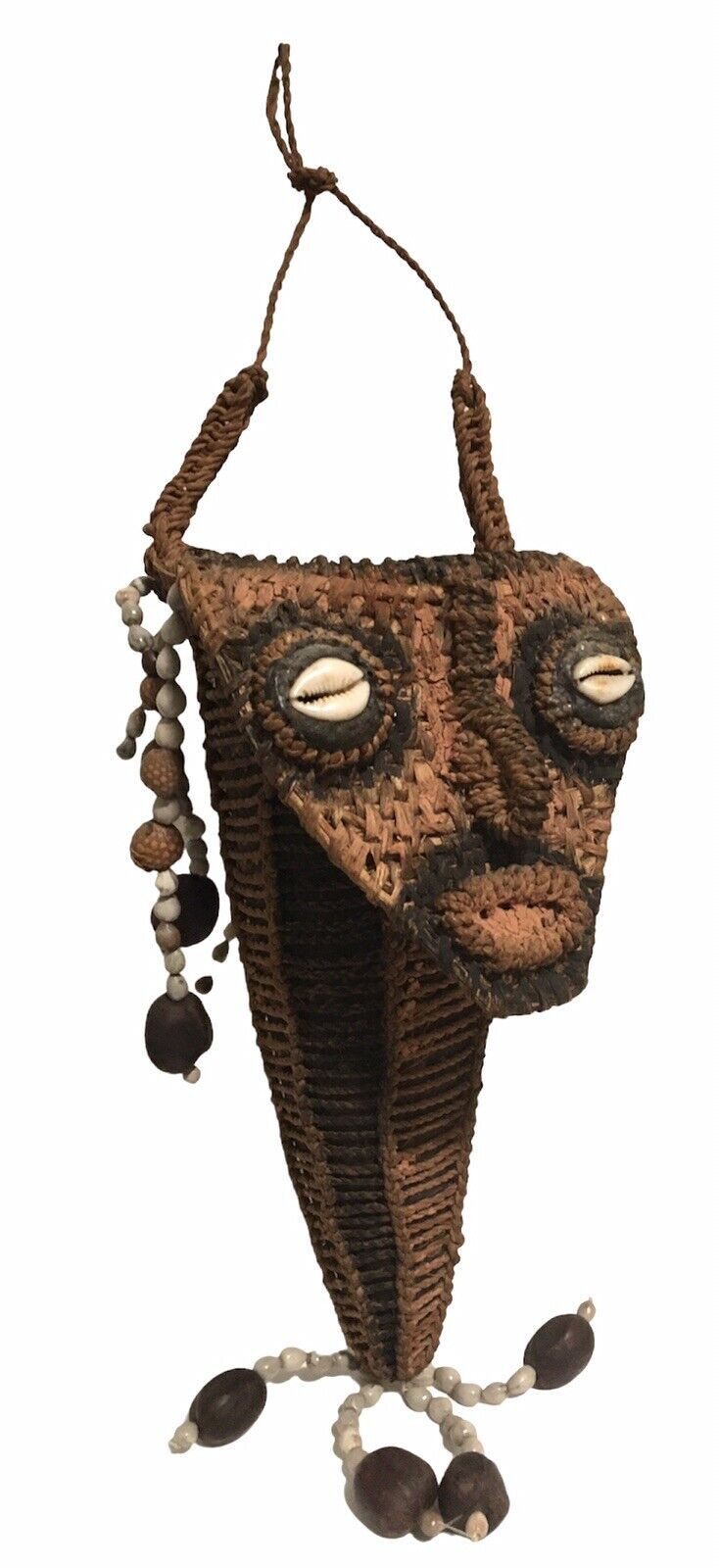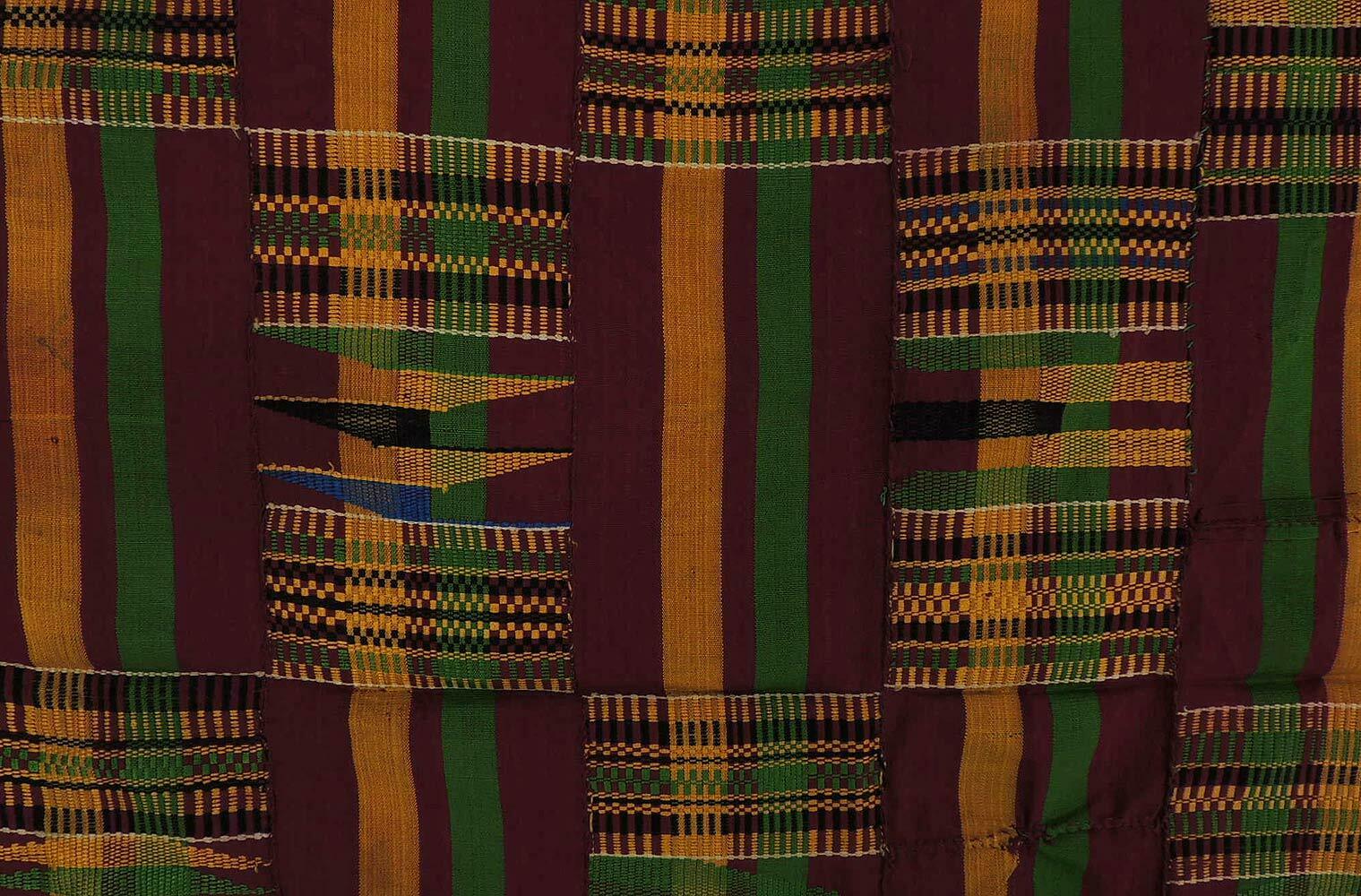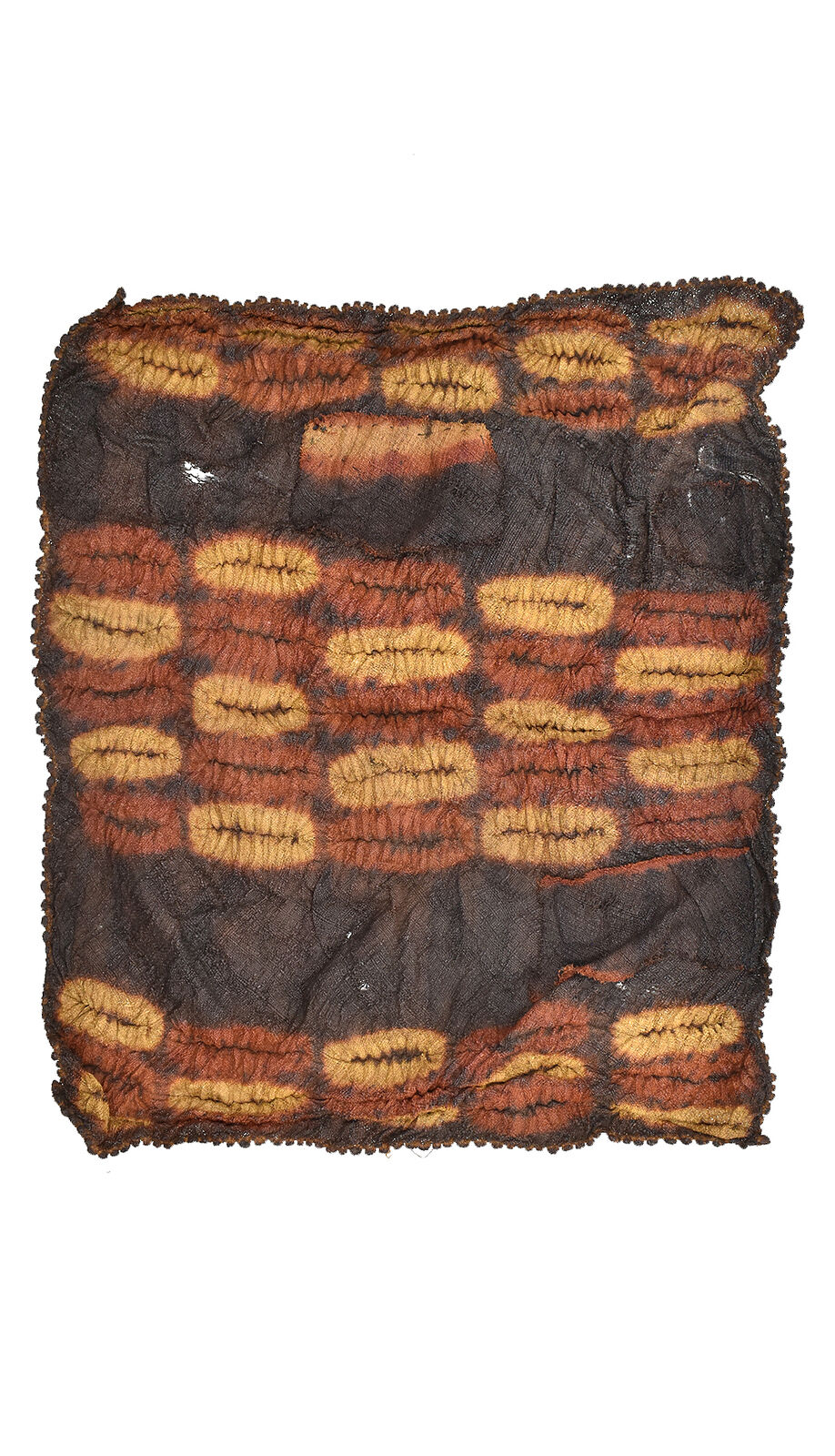-40%
Pygmy Mbuti Barkcloth Ituri Rainforest Congo African Art
$ 158.4
- Description
- Size Guide
Description
Type of ObjectBarkcloth
Country of Origin
Democratic Republic of Congo
People
Pygmy/Mbuti
Materials
Bark, dyes
Approximate Age
20th century
Height (in)
23
Width (in)
23
Overall Condition
Good. Most of our pieces have spent decades on at least two continents, and have been treasured by several owners. Small splits, scrapes and cracks are a normal part of their patina attesting to their age and extensive use. We examine each piece carefully when we receive it and report any damage we find in our listings. Please look carefully at the pictures which may also reveal condition and damage.
Damage/Repair
Creased
Additional information:
The Mbuti people who live in the Ituri rainforest of Northeastern Democratic Republic of the Congo, formerly Zaire, are one of the few remaining hunter-gatherer cultures in the world.
Since 3500 BC, they have been famed for their rich and extraordinary arts of music and dancing, but until recently, the barkcloth drawings and paintings made by Mbuti women have been virtually unknown in the West.
Originally made as loincloths for ceremonies and dances, these drawings are sophisticated abstract compositions embodying the qualities of improvisation and syncopation that are associated with the African visual and musical sensibility.
Recommended Reading:
For more information and similar examples, see MBUTI DESIGN-PAINTINGS BY PYGMY WOMEN OF THE ITURI FOREST. by Meurant and Thompson.
Additional Information:
The Mbuti people of the Ituri Forest in the Republic of the Congo are among the last living groups who still have a hunter-gatherer lifestyle. The barkcloth paintings done by the pygmy Mbuti women are singularly beautiful.
The Greek word “pygmy” comes to us from The Iliad, the oldest poem in Western culture. The existence of groups of short people in the Congo has been documented by Stanley and others before him; there are a number of groups of “pygmies” but only the Mbuti produce painted barkcloth.
The barkcloth is made from several trees, most often the latex ficus. They are made of bast, which is found between the bark and the sap of the tree. Women and children wear one rectangle hung in front, like a skirt, and sometimes an additional one in back. Men wear one covering the buttocks, brought between the legs to the waist, where it is held by a belt, and draped over the top.
A woman chooses the tree and a man cuts the tree and removes the bast, which is then soaked in water, and hammered, two or more times. The pagnes are not painted except for special events. Women do the painting using natural dyes from fruits. The most common blue-black dye is from the gardenia.
See
Mbuti Design
, by George Meurant.
We do not recommend laundering textiles, and do not accept returns of textiles which have been laundered in any manner. Even dry cleaning is too much for some of these antique textiles. For some of them, a very gentle HAND washing (NEVER MACHINE, on any setting) in cool water with a very gentle detergent works, but even then, dyes may not be colorfast, and fabric may be less strong than it appears.
**137488**
All content, including pictures, Copyright Africa Direct Inc., 2021
Add Us To Your Favorite Sellers!
Please visit our About Us page.
Africa Direct, Inc. has been selling on eBay since 1997 and has received more than 56,000 positive feedbacks. It is owned by Eliza and Sara, who began the company after spending a year wandering southern Africa in a camper van with their multi-racial family. They have been honored with eBay's Hall of Fame award, and by eBay Giving Works, through which they have raised more than 5,000 in charity auctions.
Customer Service
: We treasure our many long term customers, and will try to make you one of them! If you have problems, please tell us... we care!
Handling Time
: We ship daily except Sundays and holidays. Most orders go out the same day, and all go out within 48 hours.
Returns
: We want you to be happy with your purchase. You're welcome to return an item within 30 days in the same condition you received it--just let us know you're returning it. You may have either a credit or a refund for your purchase price, not including shipping both ways. If your original payment was made through PayPal, we'll refund you through PayPal; if you paid us directly with your credit card, we'll refund the credit card.
Combining Shipping
: You are welcome to wait to pay, and to combine multiple items for shipping. We ask that you keep each order to 10 days or 10 items, whichever comes first--then start another order.
When you're ready, just send us a list of item numbers or an invoice request and we'll send you an invoice. You can pay by Paypal or credit card.
U.S. Shipping
: Our staff take great care in packing our artwork, much of which is antique, irregularly-shaped, and fragile. The cost of labor and the special packing materials used is reflected in our shipping price. Our U.S. shipping charges also include insurance; we self-insure on smaller orders. For these reasons, our shipping and handling charges may be more than the price of postage. .
International Shipping
: We ship dozens of international orders each week, to customers on every continent except Antarctica! The shipping charges included in our listings are for U.S. orders. Contact us for shipping charges to your country. We offer uninsured USPS First Class airmail, insured Priority airmail, and insured Express airmail to most parts of the world, depending on the weight, volume, and value of an item. We also ship via FedEx or DHL on request.
Import duties, taxes, and charges are NOT INCLUDED in the item price or shipping charges. These charges are the buyer's responsibility. Please check with your country's customs office to determine what these additional costs will be prior to bidding / buying. These charges are normally collected by the delivering freight (shipping) company or when you pick the item up -- do not confuse them for additional shipping charges. And please do not ask us to mark merchandise values below the actual value or mark items as "gifts"--U.S. and International government regulations prohibit such behavior.
Newsletter, previews and special offers
: Sign up for our newsletter
Go to Africa Direct Store
